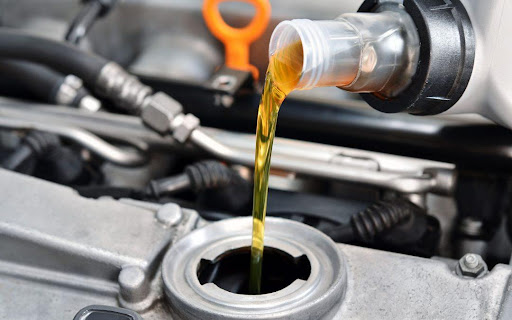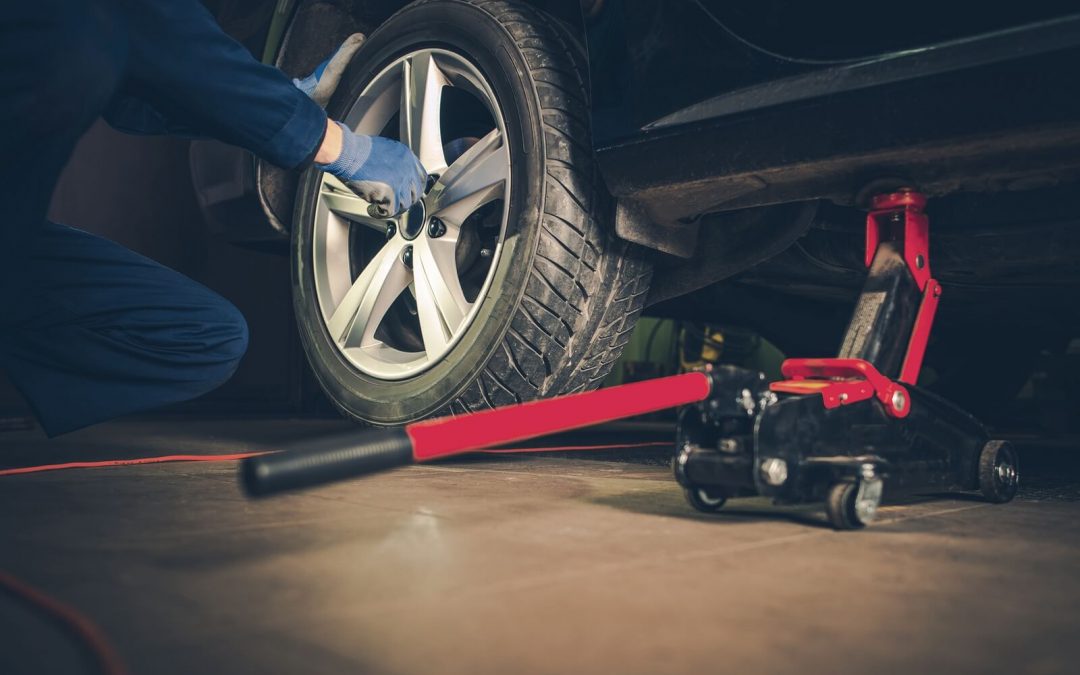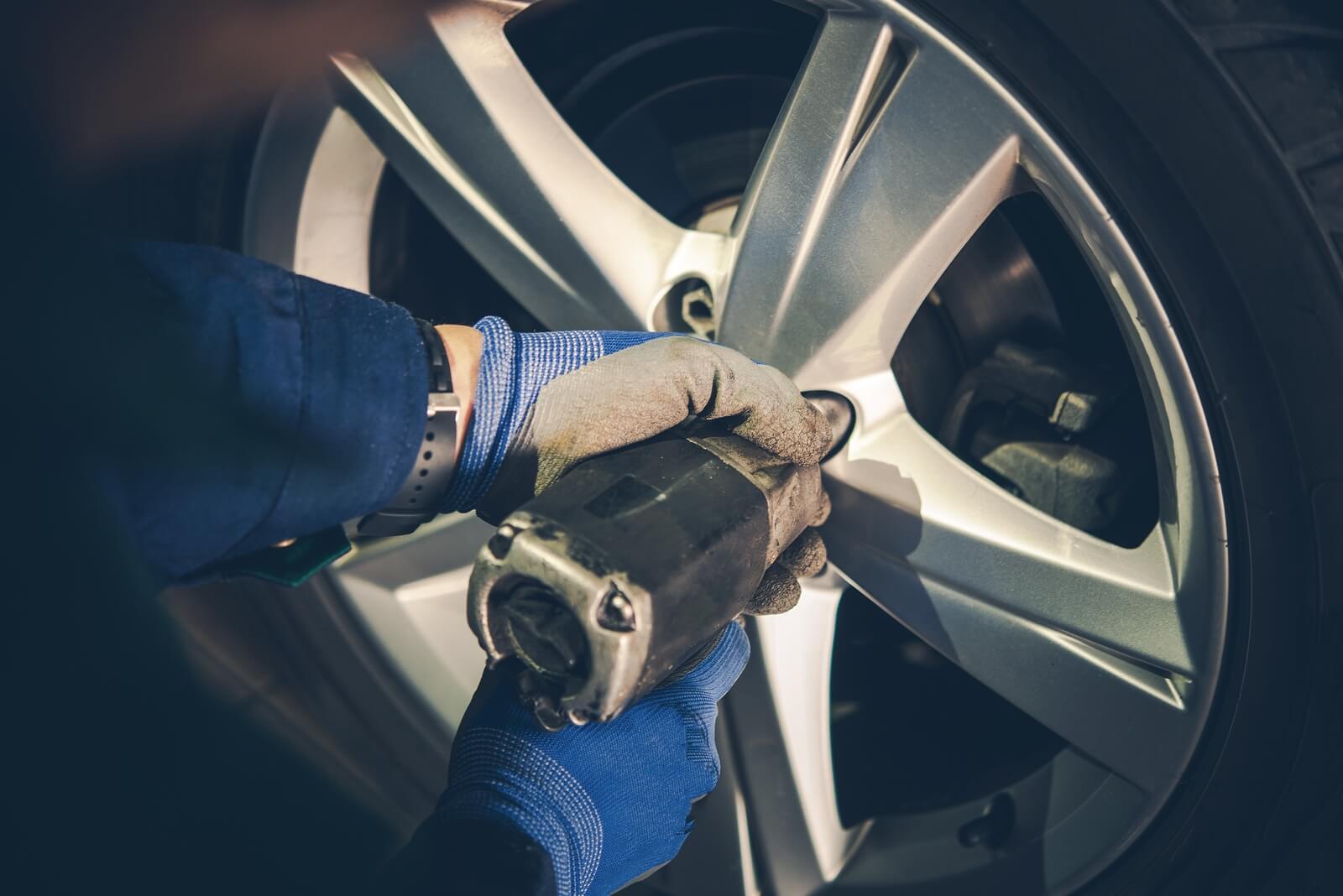
How do you know your vehicle needs an oil change?
Oil plays an incredibly important role in your car’s performance. Oil keeps your engine running smoothly and efficiently by lubricating the engine to avoid friction from metal scraping on metal.
All oil has a shelf life and must be changed on a consistent basis to continue to be effective. If you don’t change your oil as often as recommended by your vehicle’s manual, you could be putting yourself at risk for expensive repairs down the road!
What are some signs that it is time for an oil change?
There are several tell-tale signs that your vehicle is in need of an oil change Brampton. Here a few examples:
- Colour and texture of the oil
- Engine sound
- Check engine light
- Low level
- Time since your last oil change
Colour and Texture
The colour and texture of your car’s oil can tell you a lot about its condition. When your car’s oil is new and useful, it will be a light honey brown color. The oil will become black and viscous when it begins to deteriorate. Once there is debris and other contaminants floating in the oil, it is time for an oil change, and possibly a filter change as well.
Engine Sound
If your car is making some new sounds, it could be a sign that your engine is in need of an oil change. When the oil is dirty and old, it can’t protect your engine like it’s supposed to. That makes your engine work harder and louder than normal, which can lead to a variety of problems down the line.
If you hear any grinding or clunking noises coming from under your hood, stop by [location] today to schedule an appointment for an oil change!
Check Engine Light
Most cars will have an oil change gauge on the dashboard that will let you know when it is time for a check-up. If the engine light comes on, it may also indicate an issue with the oil. If any of these lights are illuminated on your dashboard, it is a good idea to take your vehicle in for servicing.
Low Level
You can use the dipstick to check the oil level yourself to ensure there is an appropriate level in the tank. If levels are low, it is a good indication that the oil is too old and is getting burned up more quickly because it is no longer effective.
Last Oil Change
One of the most reliable methods for knowing when to change your oil is by figuring out the last time it was changed. It is recommended to change your oil every 3,000- 5,000 kilometres. Check your owner’s manual for maintenance schedules.
Frequency Factors
How often you get your oil changed can be determined by 3 basic factors:
- Maintenance Schedule in Owner’s Manual
- Driving conditions
- Environmental conditions
Maintenance Schedule
The most important factor is following the recommendations laid out in the owner’s manual. You don’t want to stray too far from the suggested schedule, as there may be conditions set in the manual that will void the warranty if not followed correctly.
Driving Conditions
The conditions you drive in on a daily basis will also be a factor. If your drive in severe conditions, you should be getting your oil changed more frequently. Severe conditions include:
- Stop-and-go traffic in high temperatures
- Short drives in freezing temperatures
- Driving at slow speeds for long distances
- Driving on dirt, sand, or gravel roads
- Dusty, muddy, or salty conditions
- Towing something behind your vehicle or strapping something heavy to the roof
- Frequent stops and starts
Environmental Conditions
The climate you live in will also play a role in determining how often your oil should be changed. Extreme cold, especially if only driving for short distances, can cause moisture to build up in the engine and lead to quicker contamination of the oil. Hot temperatures can also be detrimental, even more so in stop-and-go traffic.
For more information on getting an oil change in Brampton, visit Valvoline Expresscare



